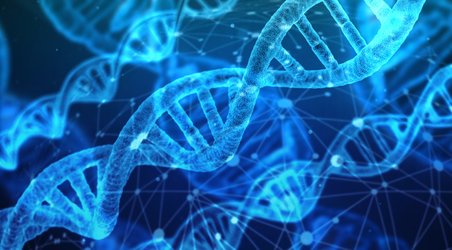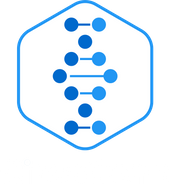A recent report by KPMG showed that DNA testing is at an all-time high and set to further increase in popularity, with companies such as 23andme offering a direct to consumer service that allows consumers to send in their data using home sampling kits.
This direct-to-consumer method has changed the game and given way for a new market to flourish, as consumers no longer need to go to a lab or healthcare institution. A recent survey showed that 60% of people were willing to give direct-to-customer DNA testing a go.
Granted, this is not a new phenomenon brought on by the Covid-19 pandemic; rather, it would appear that this market has been growing for a while, due to consumer curiosity regarding their genetic makeup.

This market increase has demonstrated that many people are taking more interest in their health and their families' health; as reports suggest, the direct to consumer method allows user 'empowerment' wherein individuals can have instant access to their genetic medical traits.
The rising popularity of DNA testing is not surprising when we consider that consumers can begin to make life-altering changes to their lifestyle once they have information on potential health risks. However, one issue that has arisen with DNA testing is that some consumers have had adverse mental effects on finding out about a future health problem, stating that they would rather not know.
Another issue that has been raised is in regards to privacy and the possibility of data being sold or shared. Cybersecurity is always a risk when you have an online presence, but the idea of having your DNA data leaked is profoundly concerning to most and quite rightly so.
The concern primarily lies with what a company might do with your data once you have sent it in. With the relatively infantile market, very few companies have had a chance to establish themselves as trustworthy. Not to mention recent upsets caused by 23andme who have shared data that has "been anonymized or aggregated so that you cannot reasonably be identified as an individual." But as KPMG suggests, this process might not be all that robust, and individual identification might be easier than initially thought.
Another issue concerns what a company might do with your data once it has been processed and analysed. Do they retain your DNA, or do they destroy it? Is there any need for a company to keep hold of your DNA once you have your results? Many would argue that a DNA testing company does not need your DNA once your results are published, and in doing so, a company is putting your DNA at risk by unnecessarily storing it.
However, while acknowledging its potential security risks, DNA testing has become a key player in modern medicine. Allowing individuals and families to see what health problems they may face in the future has enabled people to make the right lifestyle changes needed for a healthy everyday life and provide peace of mind when considering one's future.
Now that companies are beginning to find ways of ensuring the safety and privacy of people's data, the future of DNA testing looks exceptionally bright.
We often look at the older generations' ailments in our family and try to figure out if we may end up developing something similar. But now we do not need to speculate. At-home DNA testing provides us with a lens into our future, allowing us to take the necessary precautions to avoid otherwise inevitable illness and will no doubt go on to change and save many lives in the future.

COPYRIGHT © CIRCAGENE LTD ™ ALL RIGHTS RESERVED